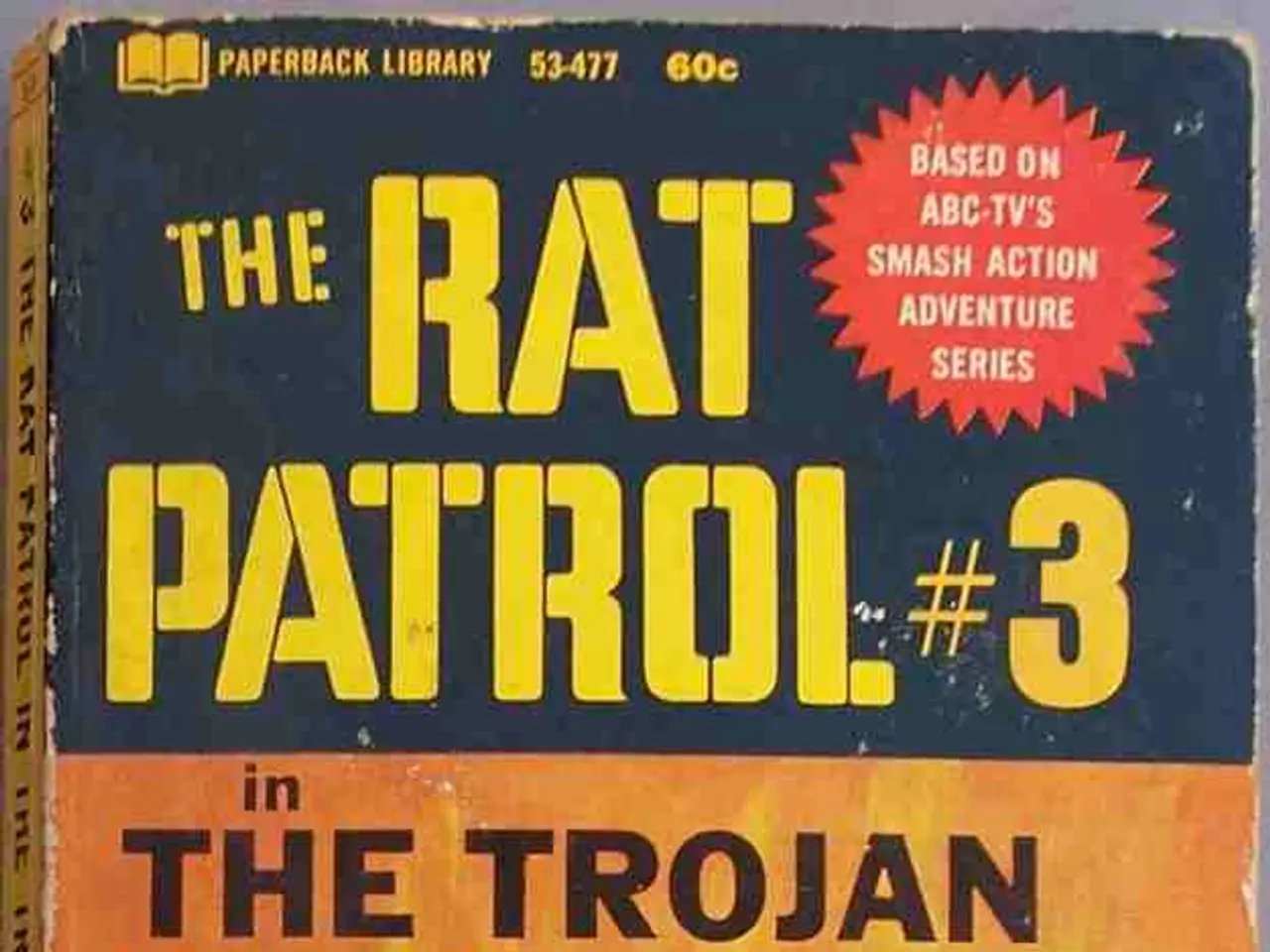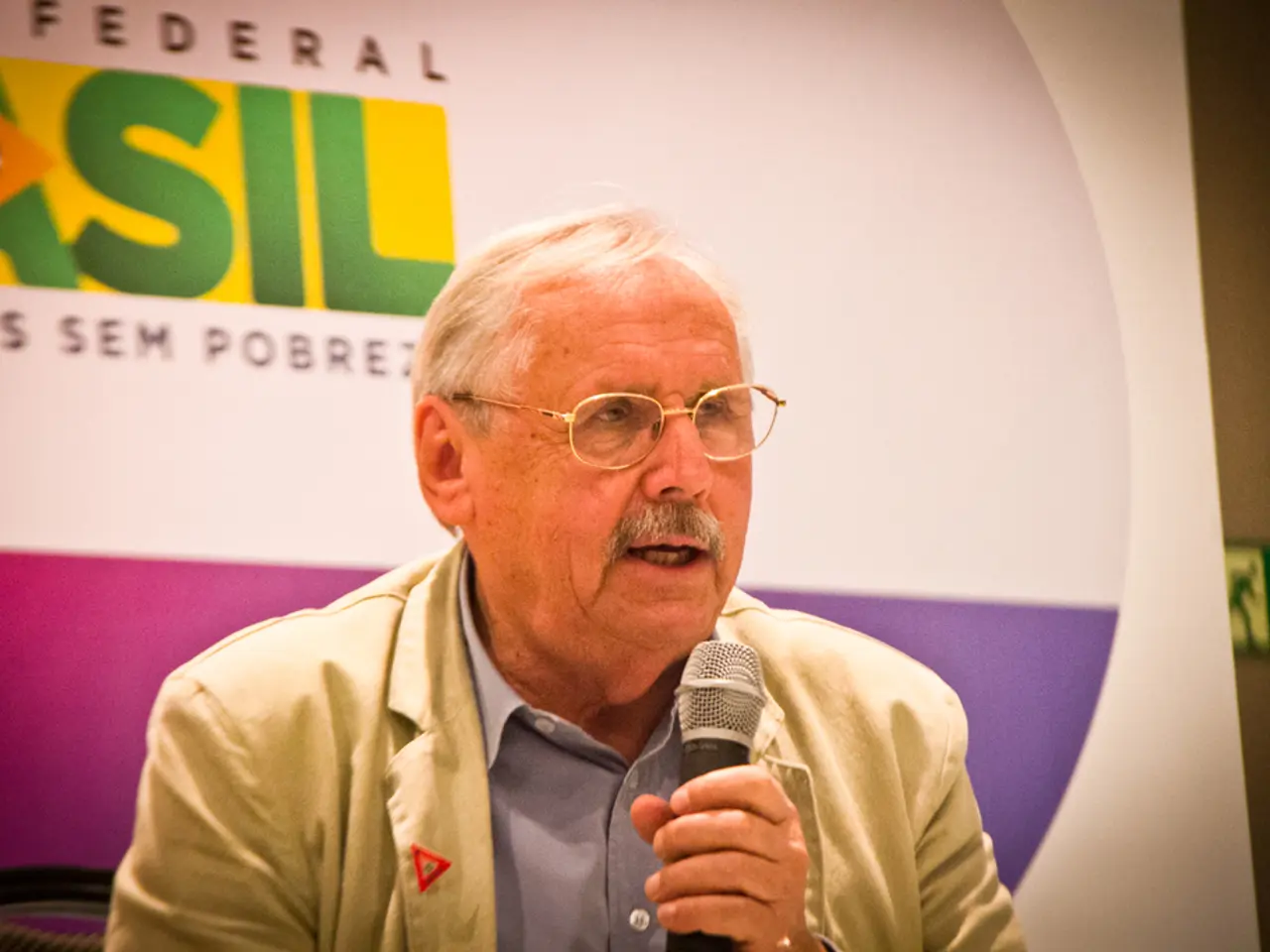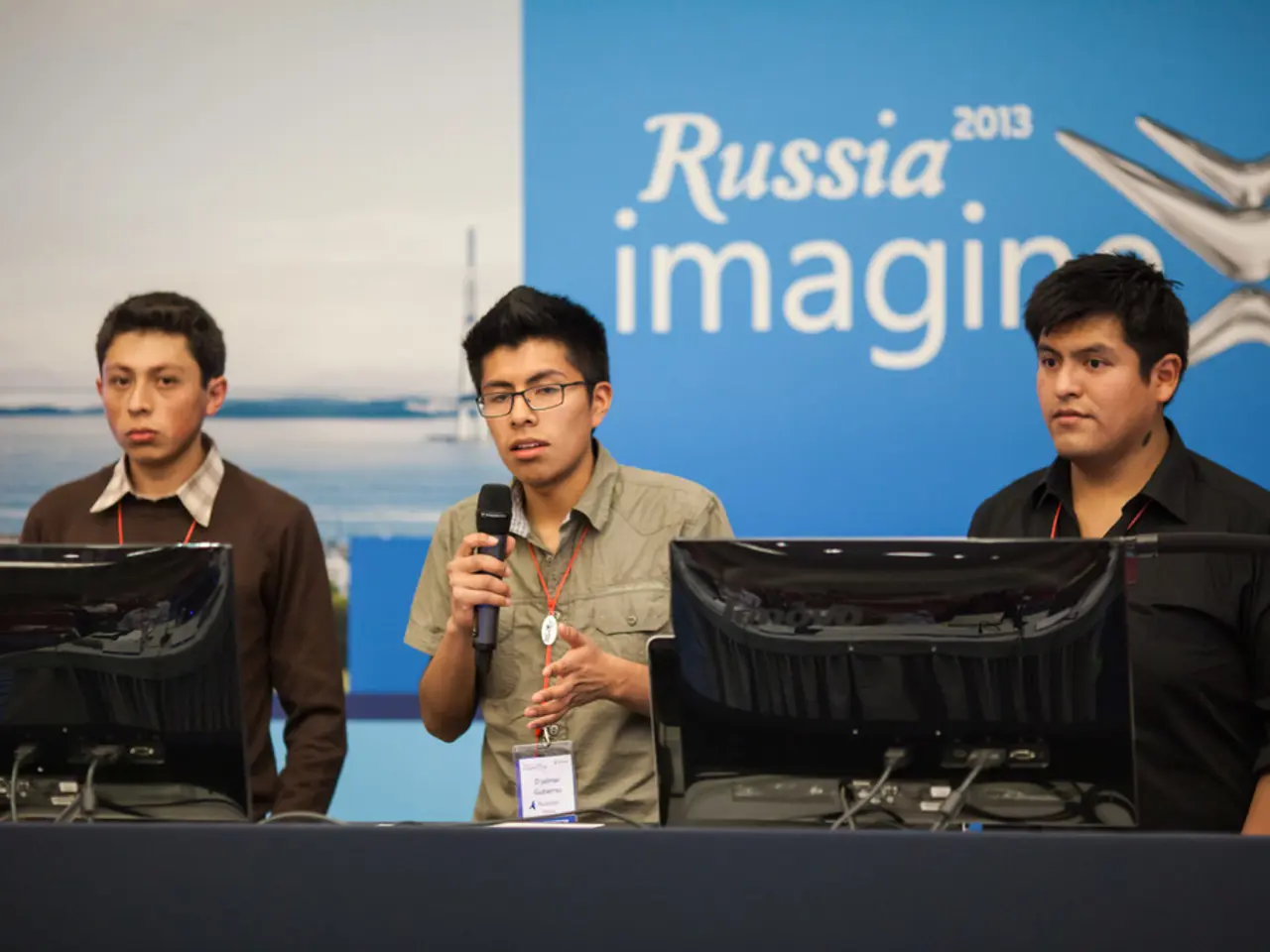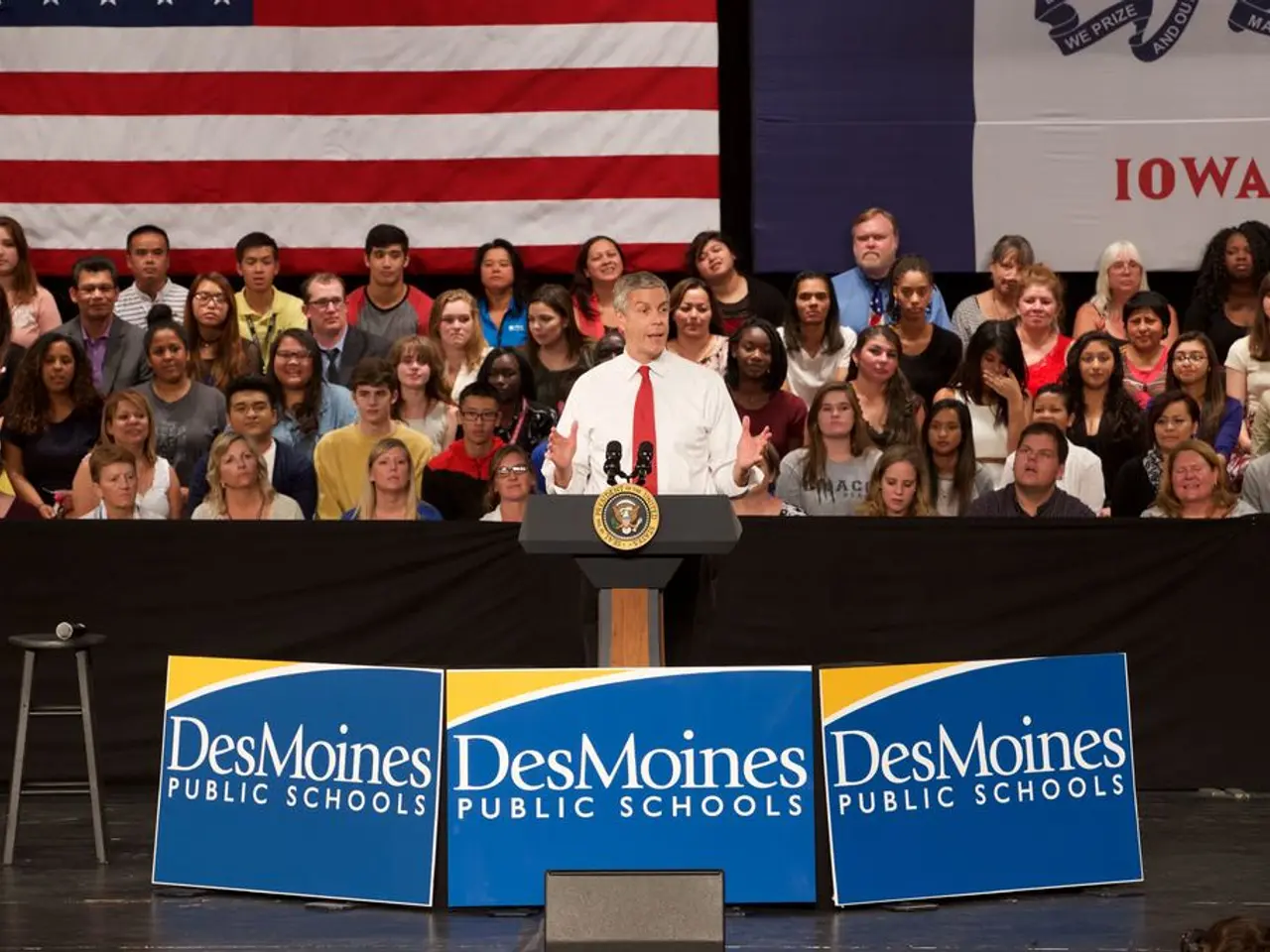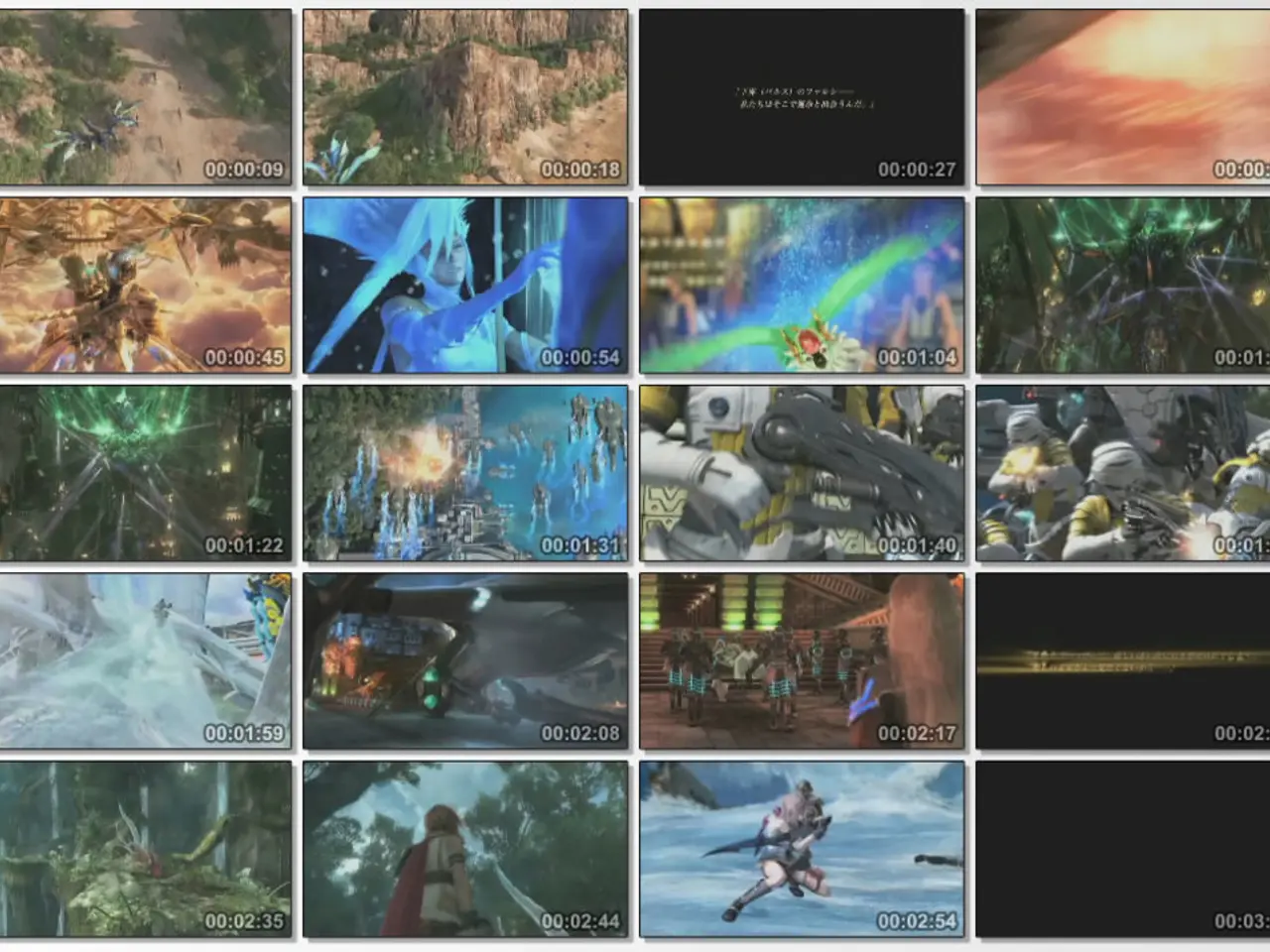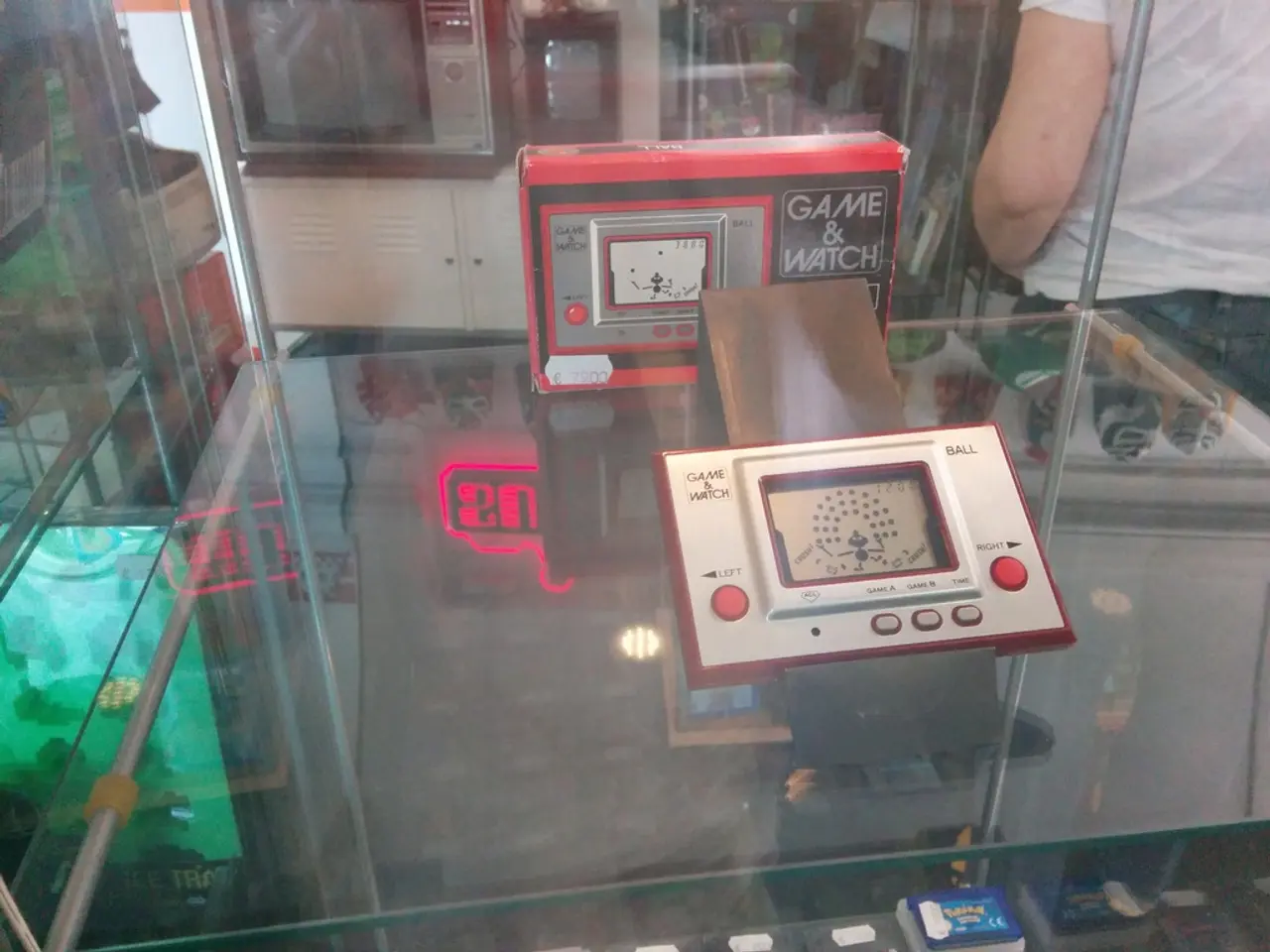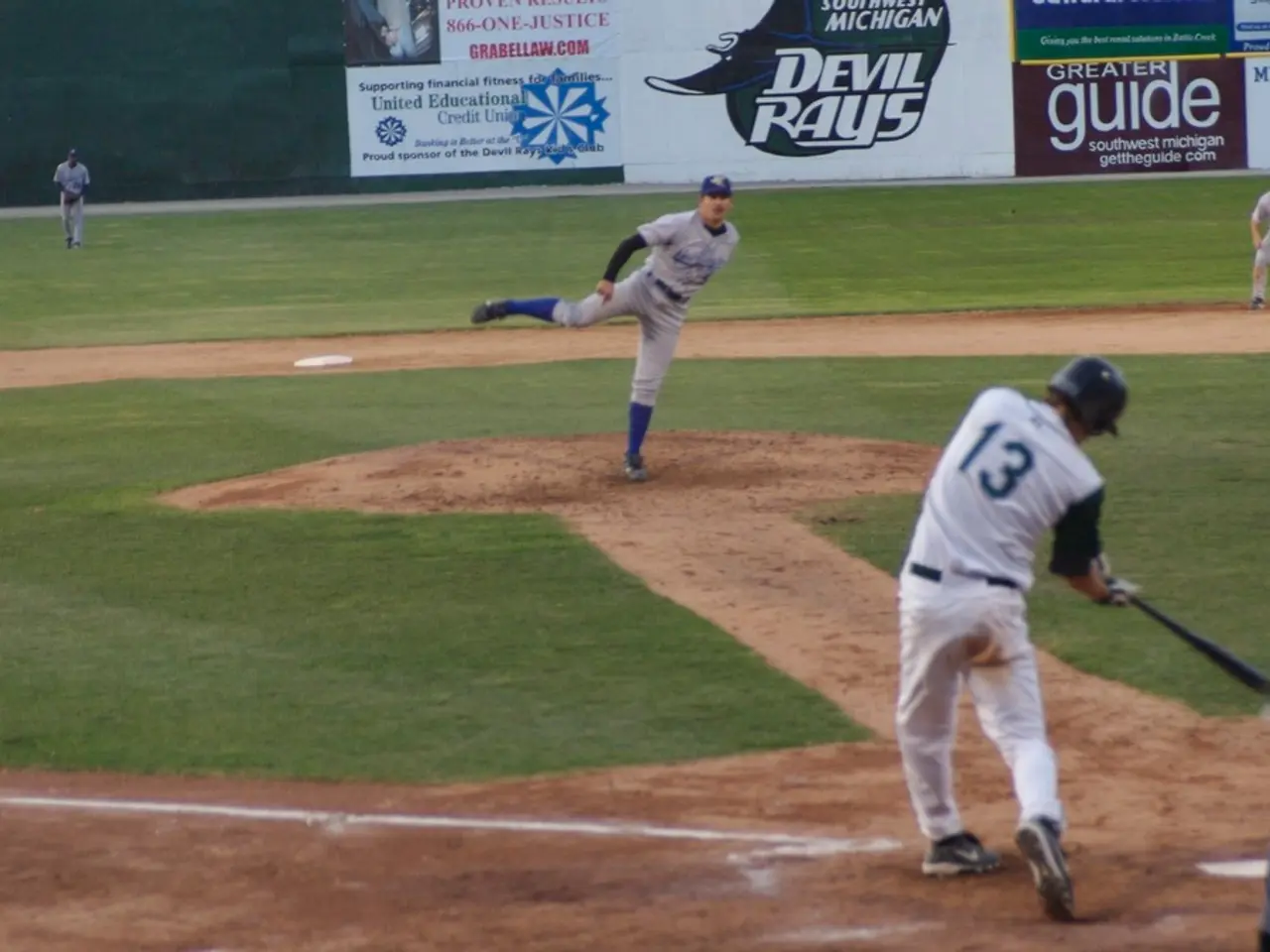North Korean Troops Deploy on Russia's Border in Ukraine: Contemplating Consequences as Hostilities Intensify from Pyongyang
In a significant escalation of the ongoing conflict in Ukraine, North Korea has pledged to triple its military contribution, sending an additional 25,000 to 30,000 troops to the front lines[1][3]. This move follows an initial deployment of 10,000 soldiers last month, with approximately 4,000 already reported as killed or injured[1].
The presence of North Korean troops in Ukraine reflects Russia’s reliance on allied and proxy forces to sustain its prolonged campaign against Ukraine. This deepens the Pyongyang-Moscow alliance, with Russia reportedly providing North Korea with military technology that it cannot otherwise produce, possibly enhancing North Korea’s nuclear and missile programs as part of the exchange for troops and military support[1][2].
North Korea, on the other hand, stands to gain critical battlefield experience and access to advanced weapons and tactical training, making its military more battle-hardened and unpredictable[2]. Ukrainian military intelligence views North Korea as one of only three countries currently gaining experience in large-scale, modern warfare on an extensive front line, alongside Russia and Ukraine itself[2].
The North Korean troops are primarily helping Russia maintain and press offensives in key contested areas, such as around Donetsk Oblast, although Russian advances remain slow and contested[3]. As of February, Russia had occupied only 20 percent of Ukrainian territory[4].
Russia's strategy appears to be one of sustained pressure and psychological warfare. Putin is looking to apply cheap, sustained pressure on the Ukrainian trenches and to shift the psychological balance[4]. However, it would take Russian forces over eighty-three years to capture the remaining 80 percent of Ukrainian territory at the current rate of advance[4].
Despite suffering approximately 970,000 troops either killed, captured, wounded, or missing in action since the initial invasion in 2022, Russia still holds an advantage in numbers[4]. The arrival of an additional thirty thousand North Korean troops would provide Putin with an expendable workforce advantage.
However, Putin remains unwilling to agree to a ceasefire unless it comes with what amounts to a Ukrainian surrender[4]. A massing of troops and a major effort by Russia to disrupt the largely static pattern the war has taken on and undertake an advance is anticipated, possibly preceded by massive missile strikes[4].
This deepening of the alliance between Russia and North Korea is transactional, brutal, and ultimately very repeatable[4]. The conflict in Ukraine continues to shape the geopolitical landscape, with the involvement of North Korean troops complicating regional security dynamics, especially in Northeast Asia.
References:
[1] The New York Times. (2025, August 1). North Korea to Send More Troops to Aid Russia in Ukraine War. https://www.nytimes.com/2025/08/01/world/europe/north-korea-russia-ukraine.html
[2] BBC News. (2025, August 3). Analysis: What Does North Korea's Involvement in Ukraine Mean? https://www.bbc.co.uk/news/world-europe-61093707
[3] The Washington Post. (2025, August 5). North Korea's Troops in Ukraine: A Game Changer or a Distraction? https://www.washingtonpost.com/world/europe/north-korea-troops-in-ukraine-game-changer-or-distraction/2025/08/05/a2c44c7e-320d-11eb-929e-47c6c28289d2_story.html
[4] The Guardian. (2025, August 7). Russia's Strategy in Ukraine: Sustained Pressure and Psychological Warfare. https://www.theguardian.com/world/2025/aug/07/russias-strategy-in-ukraine-sustained-pressure-and-psychological-warfare
- The involvement of North Korean troops in Ukraine, as part of the Pyongyang-Moscow alliance, may enhance North Korea's military intelligence and tactical abilities, making its military more battle-hardened and unpredictable, according to Ukrainian military intelligence.
- As the conflict in Ukraine deepens the geopolitical landscape, the presence of North Korean troops complicates regional security dynamics, particularly in Northeast Asia, due to the transactional and brutal nature of the Pyongyang-Moscow alliance.
- Drones, a form of advanced weaponry, may play a significant role in both Russian and North Korean military strategies, providing aerial surveillance and precision strikes, given the reported cooperation between Russia and North Korea in military technology exchanges.
- In the realm of politics and general news, the North Korean deployment to aid Russia in the Ukraine war raises concerns about potential military and nuclear escalation, underscoring the need for diplomatic strategies and international dialogue towards peace and de-escalation.
